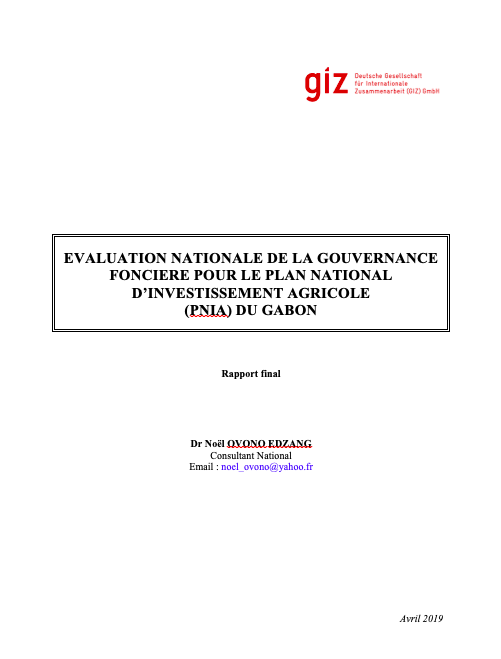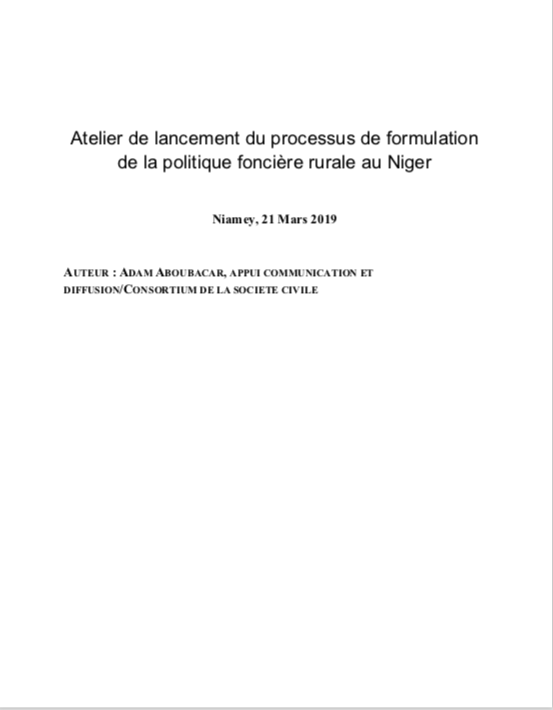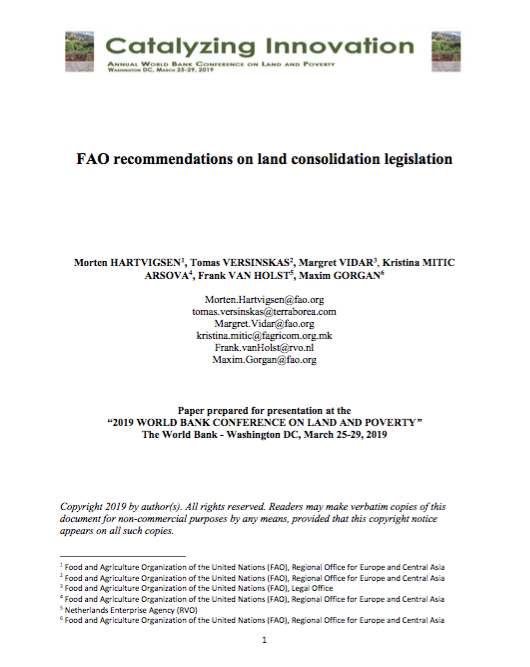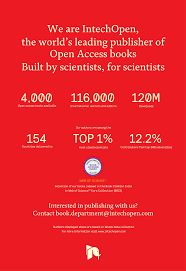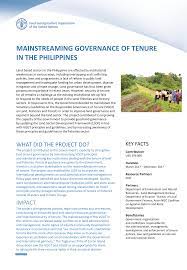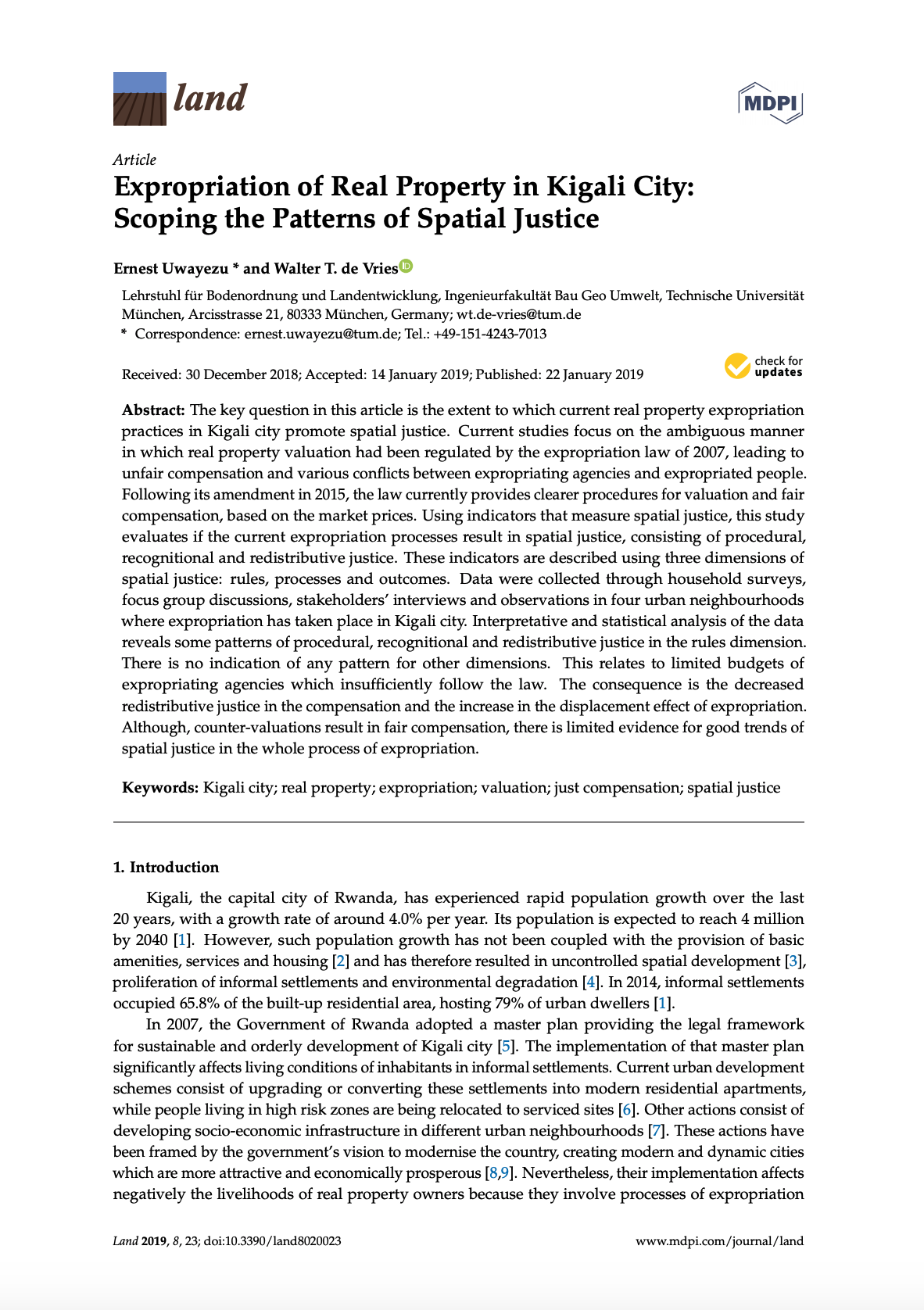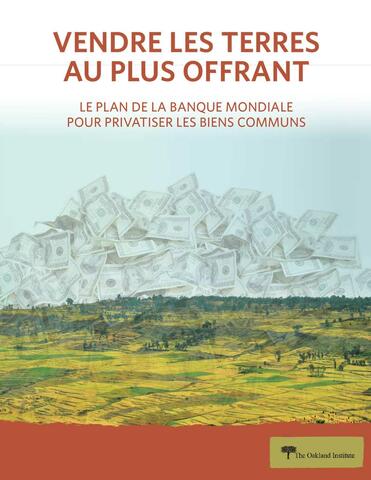Évaluation nationale de la gouvernance foncière pour le Plan national d’investissement agricole (PNIA) du Gabon
Il s’agit d’effectuer une analyse nationale approfondie sur l’état de la politique et de la gouvernance foncière dans le contexte de la Déclaration de Malabo pour soutenir le développement d’un PNIA au Gabon, en incluant une présentation de la situation actuelle, les éventuelles lacunes et des recommandations.
De manière spécifique, il s’agit de :
- Evaluer dans quelle mesure la gouvernance foncière est abordée dans le PNIA en cours et l'impact de ce PNIA sur la gouvernance foncière ;
Atelier de lancement du processus de formulation de la politique foncière rurale au Niger
Le 21 mars 2019, s’est tenu à Niamey dans la salle de réunion de l’hôtel Sahel, un atelier de lancement du processus de formulation de la politique foncière rurale au Niger.
L’atelier est organisé par le Secrétariat Permanent du Code Rural avec l’appui technique et financier de la FAO. Il vise de facon générale à lancer le processus deformulation de la politique foncière.
Strategic Directions 2019 - 2023
This is Belun’s 3rd five-year strategic directions. It builds on Belun’s work over the past 14 years. A great deal has been achieved but Belun’s purpose of preventing conflict and developing community capacity remain the same. However, how Belun works is equally important as what it does. Belun aims to be; - Evidence based: Belun has a unique approach to advocacy.
FAO recommendations on land consolidation legislation
Most countries in Western Europe have a long tradition for implementing land consolidation projects. In Central and Eastern Europe, land reforms from 1990 on in most countries resulted in farm structures characterized by excessive land fragmentation and small average farm sizes. Most CEE countries have introduced land consolidation instruments to address the structural problems. FAO has from 2000 on supported land consolidation in the region.
Land Acquisition and Use in Nigeria: Implications for Sustainable Food and Livelihood Security
Land acquisition and use remain a critical issue of great policy relevance in developing countries such as Nigeria. This study therefore examined land acquisition and use in Nigeria within the context of food and livelihood security. The chapter used secondary data obtained from the World Bank website, National Bureau of Statistics (NBS) and other sources. It was found that there are gender, location and income-group considerations in the allocation of land in Nigeria.
Report: Risk & Resilience: Advancing Food and Nutrition Security in Nigeria through Feed the Future
This report examines the challenges and opportunities of Feed the Future, the U.S. government’s global hunger and food security initiative, working in the complex political, economic, environmental, and cultural context of Nigeria. With the initiative moving into its second phase, adding resilience as a strategic objective and including more fragile target countries like Nigeria, Feed the Future needs to evolve its model to meet the needs of the world’s most at-risk populations.
Report: Risk & Resilience: Advancing Food and Nutrition Security in Nigeria through Feed the Future
This report examines the challenges and opportunities of Feed the Future, the U.S. government’s global hunger and food security initiative, working in the complex political, economic, environmental, and cultural context of Nigeria. With the initiative moving into its second phase, adding resilience as a strategic objective and including more fragile target countries like Nigeria, Feed the Future needs to evolve its model to meet the needs of the world’s most at-risk populations.
MAINSTREAMING GOVERNANCE OF TENURE IN THE PHILIPPINES
Land-based sectors in the Philippines are affected by institutional
weaknesses in various ways, including overlapping and conflicting
policies, laws and programmes, a lack of reform in public land
management and inadequate funding for urban development, disaster
mitigation and climate change. Land governance has thus been given
paramount importance in recent years. However, security of tenure
for all remains a challenge as the existing institutional set-up fails
Artificialisés, accaparés, appauvris les sols sont assaillis de tous côtés
Date: 3 janvier 2019
Source: Reporterre.net
Par: Marie Astier
Les sols sont vivants, indispensables à la vie, et presque non renouvelables. Ils sont pourtant assaillis par l’étalement urbain et des pratiques agricoles désastreuses. Sans oublier l’intrusion croissante de sociétés foncières spéculatives. Un rapport parlementaire alerte sur cette situation et appelle à une grande loi foncière.
Expropriation of Real Property in Kigali City: Scoping the Patterns of Spatial Justice
The key question in this article is the extent to which current real property expropriation practices in Kigali city promote spatial justice. Current studies focus on the ambiguous manner in which real property valuation had been regulated by the expropriation law of 2007, leading to unfair compensation and various conflicts between expropriating agencies and expropriated people. Following its amendment in 2015, the law currently provides clearer procedures for valuation and fair compensation, based on the market prices.
Vendre les terres au plus offrant: Le plan de la Banque Mondiale pour privatiser les biens communs
Date: 2019
Source: Foncier & Développement
Par: Frédéric Mousseau (The Oakland Institute)
Ce rapport détaille comment la Banque Mondiale préconise des réformes, via un nouvel indicateur foncier dans le projet EBA (Enabling the Business of Agriculture), qui encourage les acquisitions de terres à grande échelle et l’expansion de l’agrobusiness dans les pays en développement.


